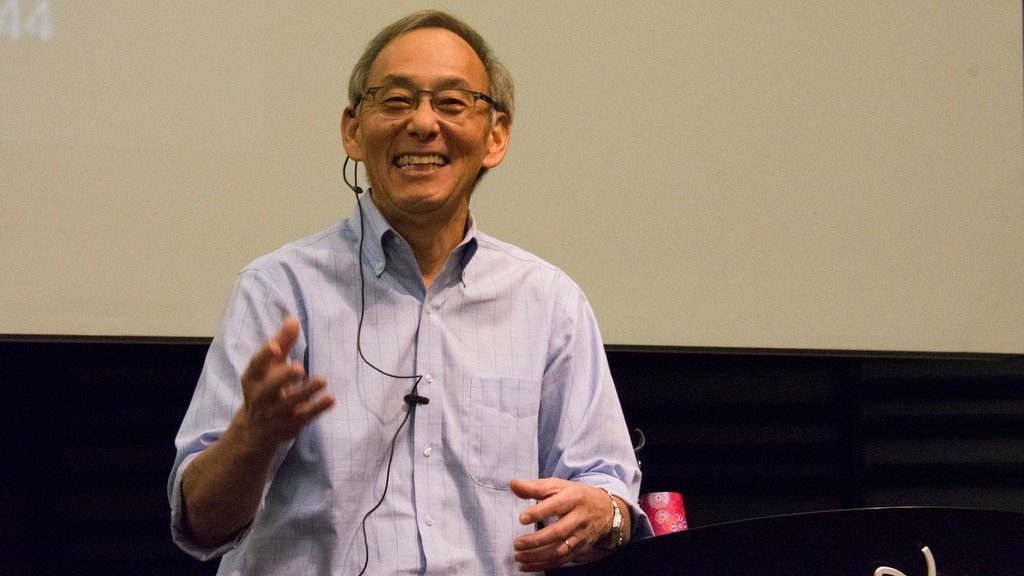-

-
Pope Francis has appointed Steven Chu, professor of physics and molecular and cellular physiology at Stanford University, Stanford, California, United States of America, as an ordinary member of the Vatican’s Pontifical Academy of Sciences.
The Academy, headquartered inside Vatican City, was established in 1936 by Pope Pius XI.
The work of the Pontifical Academy of Sciences comprises six major areas: fundamental science; science and technology of global problems; science for the problems of the developing world; scientific policy; bioethics; epistemology.
Among its several goals are: ensuring that the benefits of science and technology reach the most people; ensuring that science advances man’s human and moral dimension; making science help in the promotion of justice, development, solidarity, peace, and the resolution of conflict; fostering interaction between faith and reason and encouraging dialogue between science and spiritual, cultural, philosophical and religious values.
Biography
Born on 28 February 1948 in St. Louis, Missouri, United States of America, the new Pontifical Academician obtained a degree in mathematics and physics from the University of Rochester, New York in 1970 and a Ph.D. in physics at the University of California, Berkeley in 1976. Since 2013 he has been professor of molecular and cellular physics and physiology at Stanford University. He has published numerous articles on atomic physics, polymers and biophysics, biology, accumulators (batteries) and other energy technologies; finally, he owns various patents and patent applications.
Professor Chu directed the Lawrence Berkeley National Laboratory (2004-2008) and taught physics and applied physics at Stanford University (1987-2008), as well as being head of the quantum electronics research department at AT & T Bell Laboratories (1978-1987). From January 2009 to April 2013 he was Secretary of Energy for the United States of America.
Professor Chu was co-winner of the 1997 Nobel Prize in physics for studies on the development of methods to cool and trap atoms with laser light, and has received numerous other awards. He is a member of the U.S. National Academy of Sciences, a foreign member of the Royal Society, the Royal Academy of Engineering, the Chinese Academy of Sciences, and the Korean Academy of Sciences and Technology. He also received numerous honorary degrees.
Source: Vatican News.





